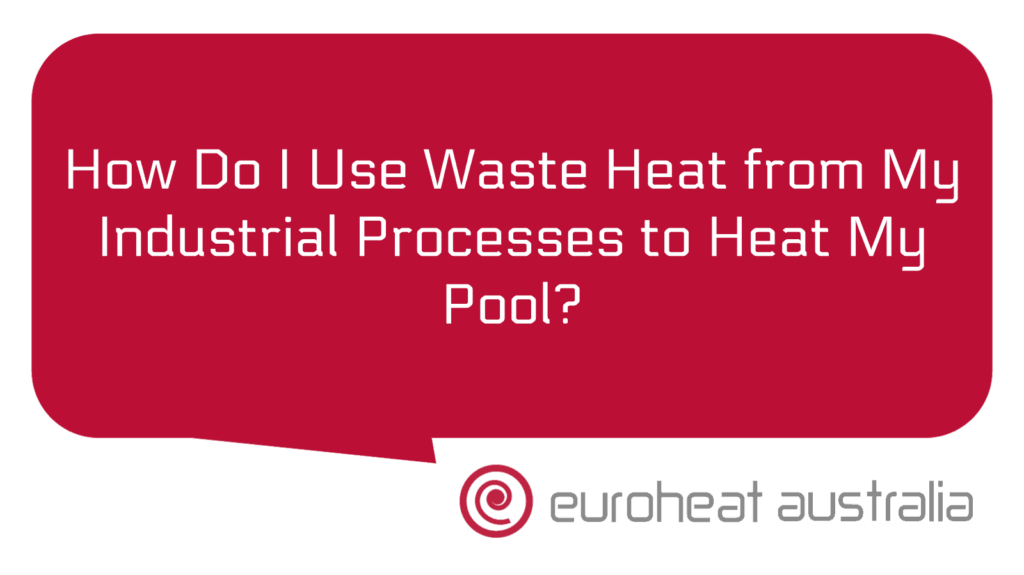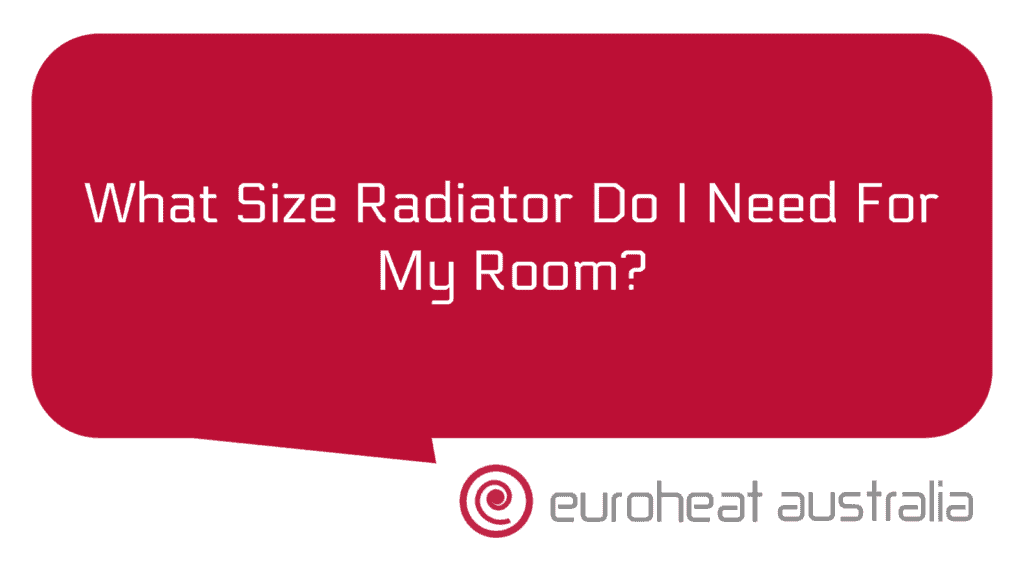If you’re a homeowner looking to reduce your energy costs and improve your home’s comfort, you may have come across the terms ‘waste heat hot water system’ and ‘combined heat and power (CHP) hot water system.’ So what is the difference between these two systems, and which one should you choose for your needs?
A waste heat hot water system is a system that utilizes the waste heat from industrial processes to generate hot water for use in buildings. This type of system produces less pollution than traditional heating methods and can be an efficient way to generate hot water. It typically requires little maintenance, however it may not be suitable for larger buildings or those with high demand for hot water.
On the other hand, a combined heat and power (CHP) system uses both electricity and natural gas to produce hot water. CHP systems are more efficient than traditional heating methods because they can generate both electricity and heat at the same time, resulting in greater energy savings. CHP systems are also more reliable than waste heat systems, as they can provide consistent levels of energy production regardless of external conditions or fluctuations in demand.
When deciding which type of system is right for your home, there are several factors to consider including cost, energy savings, environmental impact, reliability, and installation requirements. In terms of cost, installing a CHP system can be more expensive than installing a waste heat system due to the additional components needed for it to operate efficiently. However, this cost difference can be offset by the potential long-term energy savings associated with using a CHP system. Additionally, with advancements in technology such as Euroheat Australia’s advanced design & installation services for hydronic heating & cooling systems with 30 years’ experience – homeowners are able to get higher efficiency from their systems at lower cost.
In terms of environmental impact, both types of systems offer reduced emissions relative to traditional heating methods – although CHP systems are generally considered more efficient in this regard due to their ability to generate both electricity and heat simultaneously from one fuel source. Additionally, installing a waste or CHP hot water system can also provide additional benefits such as improved indoor air quality by reducing particulates in the air and providing clean hot water.
Finally when considering these two options it is important to look at reliability – while both types of systems require little maintenance they do have different levels of reliability depending on factors such as external conditions or fluctuations in demand – where CHP systems tend to offer greater reliability due their ability to provide consistent levels of energy production regardless of external conditions or changes in demand.
Overall when deciding between these two types of hot water systems it is important to consider all factors including cost savings potential over time; environmental impact; reliability; installation requirements; and design & installation services provided by experienced engineers like Euroheat Australia who specialise in hydronic heating & cooling systems with 30 years’ experience that will ensure optimal operation over time & reduced running costs compared with traditional heating methods.. With careful consideration you’ll find that either type of system can provide excellent results for your home’s comfort & lower running costs – so take some time now & evaluate which one best suits your needs!





